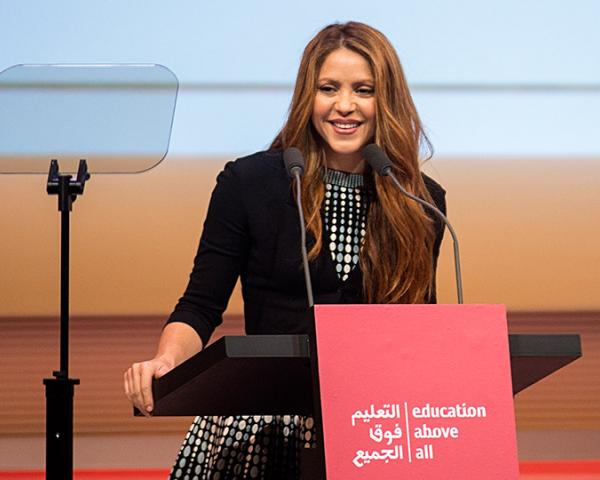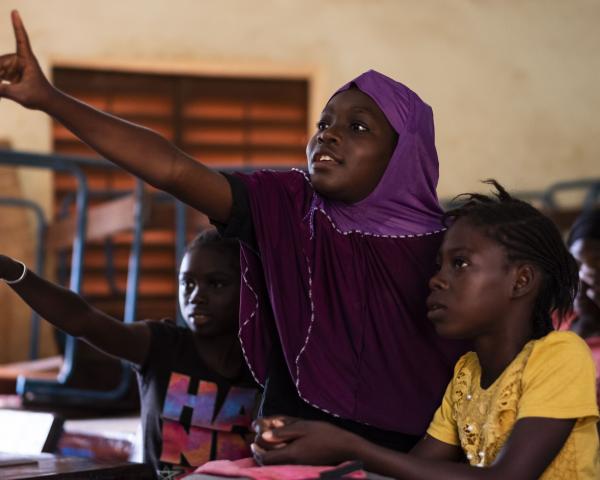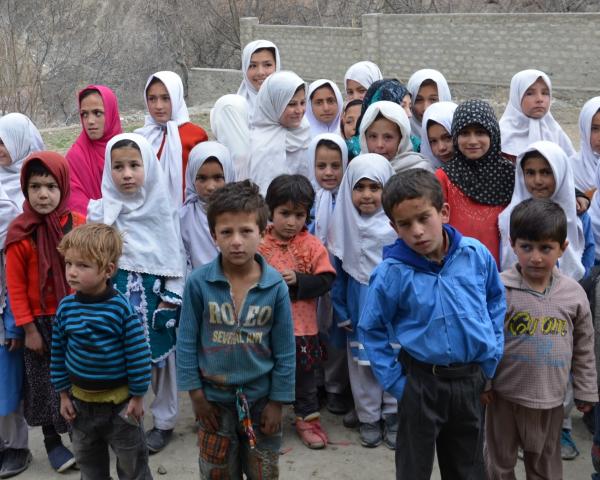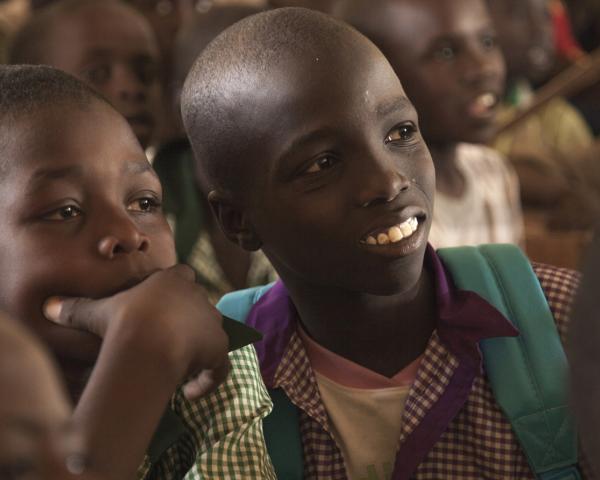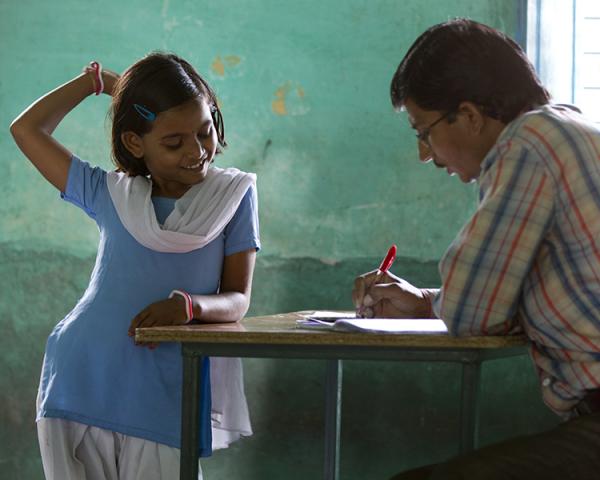Wax Bar Caruurta Somaaliyeed (Educate Somali Children)
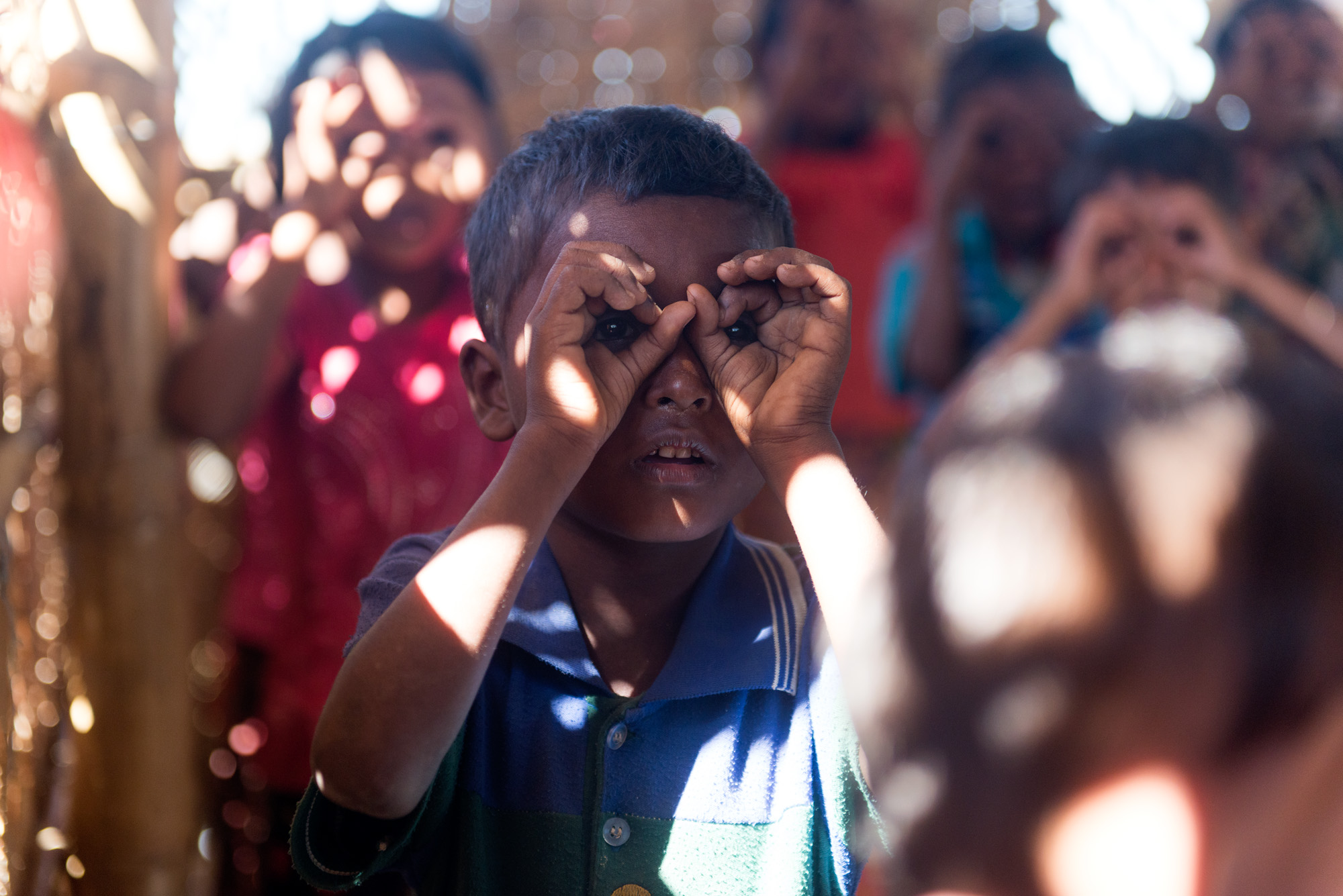
The project will focus on reaching children and youth that are hard-to-reach, including support for those in marginalized communities, rural or pastoralist areas, those displaced by or recovering from conflict, support for the peri-urban poor, disabled children and enhanced support for girls.
The Wax Bar Caruurta Somaaliyeed (Educate Somali Children) project will address barriers to access that OOSC encounter in the target communities including insufficient/non-existent school facilities; overcrowded classrooms where schools do exist; a lack of gender-sensitive washrooms disproportionately impacting girls; an abundance of untrained teachers; poverty; and conflict and disaster unpreparedness. Project interventions will be context specific and comprise engagement with the MOE, community mobilisation and seek to countervail gender disparities in education.
The project model incorporates cross-programme integration, alignment with the respective zonal ESSPs, which prioritise quality and equitable access to basic education for OOSC, governmental capacity building and community ownership measures to engender long-term sustainability. In addition, the project will reinforce the capacity of the MOE through trainings, technical support and mentorship to enhance coordination, planning, supervision, quality control and data management. The project intends to further elaborate a sustainability plan in partnership with the MOE as part of project close out. Moreover, at the community level, the Consortium will target Community Education Committees (CECs) with capacity-building initiatives that foresee, among other things, the development of School Management and Improvement Plans (SMIPs) for project schools.










